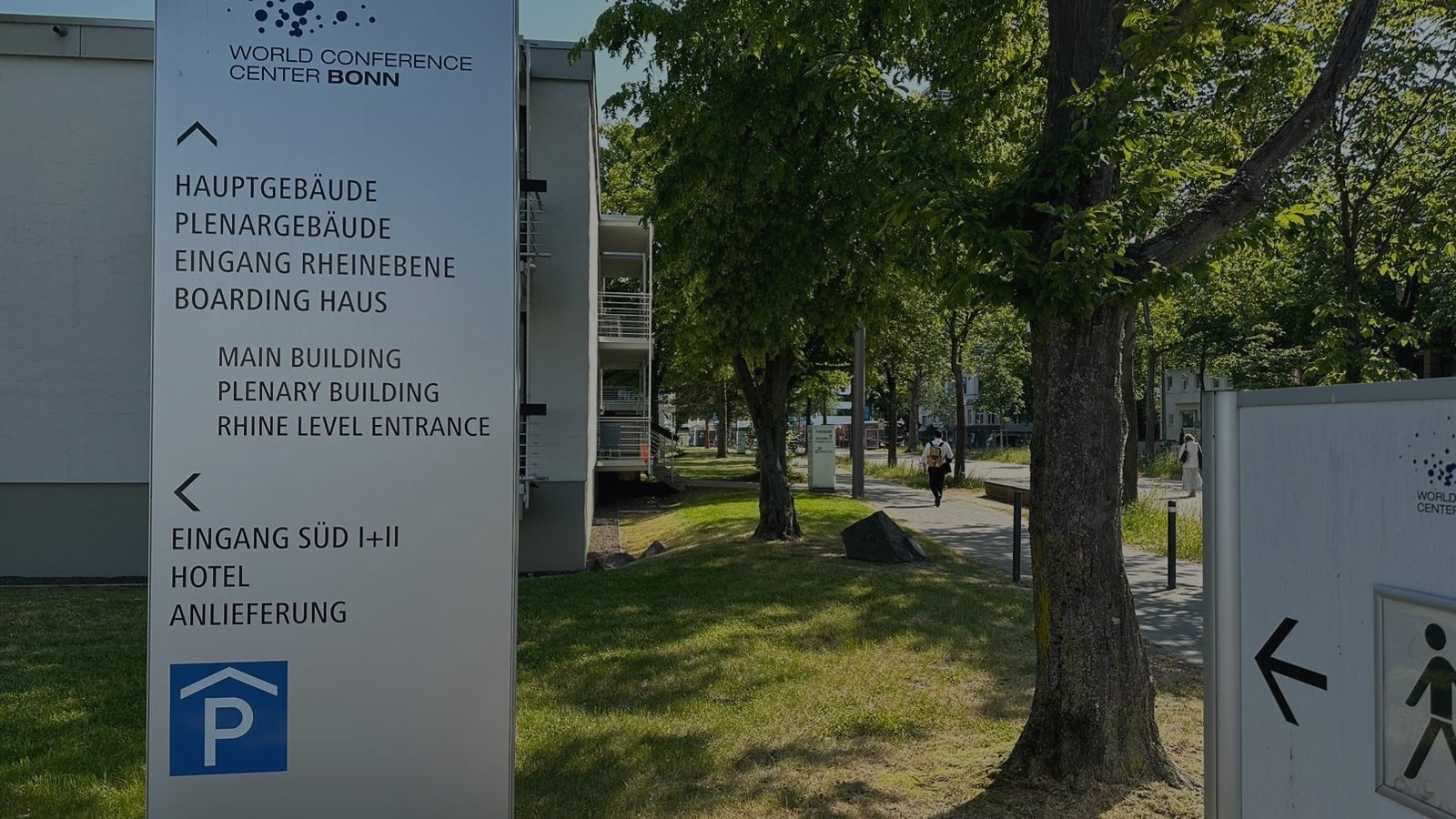The UNFCCC Bonn Climate talks take place June 5 to 15 and are an important gathering ahead of COP28. This year the meetings come amidst growing scrutiny and pressure on the UAE, who serve as hosts, with a particular challenge to Sultan Al Jaber’s role as both President of the talks and CEO of National Oil company ADNOC.
The UAE started its COP presidency with the intention of demonstrating its capacity to bridge the gaps between countries and achieve climate-related goals. However, at the halfway point of the year some say it has largely fallen short of this objective, opting instead to prioritise its own self-interests and inadvertently erode trust in COP28.
“The UAE set out to use the COP presidency to show its ability to bridge the differences between countries to achieve climate outcomes. At the midpoint of the year, it has yet to do that, damaging trust in COP28 in the process. Bonn is a critical moment for the COP28 hosts: they need to arrive with a clear plan that meets the challenges set out by the IPCC Synthesis. That means targeting a deal that will radically cut fossil fuel emissions by 2030, drive investment in clean energy and deliver urgent financial support to developing countries.” Bernice Lee, Director, Futures, Chatham House
The meeting will be a significant moment for the hosts of COP28 as many will look to the Presidency to present its strategy and plan to address the challenges outlined by the IPCC Synthesis report. This entails striving for an agreement that will substantially reduce fossil fuel emissions by 2030, foster investment in clean energy, and promptly provide crucial financial assistance to developing countries.
“Diplomacy is often the art of brinkmanship. There is time to get COP28 in shape, but the next two weeks are key. Dr Al Jabeer has to meet the moment and lay out the contours of a Dubai deal. If he doesn’t he won’t bend the conversation away from his fitness for office. If we ever needed a Bonn bounce it’s now”. Rachel Kyte, dean of The Fletcher School at Tufts University
The UAE prides itself on being a center for green finance and technology however there are concerns that the country could be working to protect its own fossil fuel interests. Campaigners worry that unless other leaders step forward to assume responsibility and outline ambitious plans for COP28 there is a risk that the talks will suffer a severe setback.
“It is understandable that there would be extra scrutiny and pressure on Dr Sultan Al Jaber, given his role with the Abu Dhabi National Oil Company. The difficult questions that are being raised are a healthy sign that many care about the Paris Agreement. That is why he and the Presidency have an opportunity to ensure this COP is Paris aligned and address the concerns head on by bringing the oil and gas sector to a serious response to the climate challenge. They can show what post-fossil leadership looks like”. Laurence Tubiana, CEO, European Climate Foundation
It is inevitable that the UAE and Dr. Sultan will face pressure and scrutiny to demonstrate that their management of the COP presidency is driven by concern for the planet rather than preserving the energy status quo. They still have an opportunity to exhibit leadership in the oil sector and expedite the transition towards renewable energy, but time is running out. The Presidency must swiftly reveal its ambitions for phasing out the fossil fuel era and accelerating the adoption of renewables. They hold a unique position to do so, but the world is eagerly awaiting their detailed plan.
*Climate Events in June 2023
- 5 – 15 – Bonn Climate Conference SB58 (Bonn, Germany)
- International conference on a New Global Financing Pact (a.k.a Mia Mottley Summit) – 22-23 June 2023, Paris
- 6 – 8 – IEA 8th Global Conference on Energy Efficiency (Paris, France)
- 13 – 16 – Asian Clean Energy Forum (Manila, Philippines)
- 16 – 18 – G7 Transport Ministers’ Meeting (Ise-Shima, Japan)
- 22 – 23 – New Global Financial Pact Summit (Paris, France)
- 26 – 30 – IMO Intersessional Working Group (ISWG-GHG-15) (London, UK)
Related Articles





